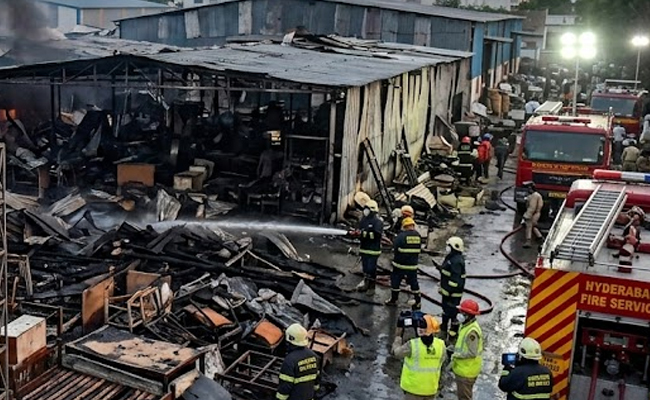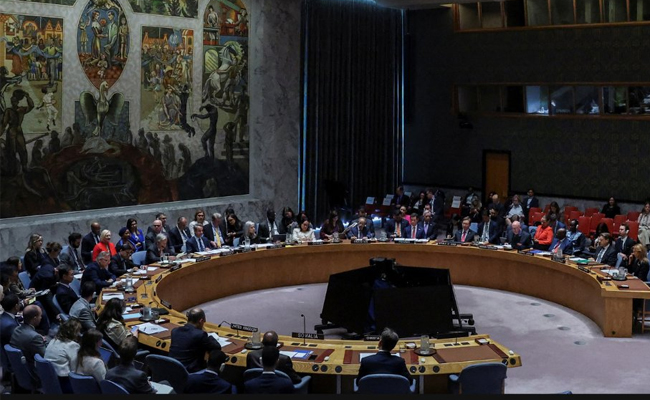Seoul : One worker was killed and two were injured when carbon dioxide leaked at a Samsung Electronics chip plant on Tuesday, the South Korean company said.
The three were found unconscious in the basement of the semiconductor factory in Suwon just south of Seoul, the firm said in a statement.
A man aged 24 was pronounced dead in hospital hours later and two others, aged 26 and 54, remain unconscious, Samsung said.
All were employees of one of Samsung's suppliers and were inspecting the factory's gas-related facilities, it added. "It is believed that the cause of death is suffocation due to a carbon dioxide leak," Samsung said, adding it was investigating.
Samsung the world's top maker of smartphones as well as memory chips operates a vast semiconductor production compound in Suwon.
Fatal accidents at major companies have made frequent headlines in the South, which has struggled to improve poor safety standards in factories.
In January four workers suffocated due to a gas leak at a steel factory owned by Posco the country's top steelmaker in the southern city of Pohang.
In August last year four workers died when a fuel tank exploded in a vessel under construction at the headquarters of STX Offshore and Shipbuilding in the southern city of Changwon.
courtesy : moneycontrol.com
Let the Truth be known. If you read VB and like VB, please be a VB Supporter and Help us deliver the Truth to one and all.
Bengaluru: Madanayakanahalli police have arrested two persons in connection with house theft cases and recovered 711 grams of gold ornaments and Rs 19.5 lakh in cash from their possession.
According to Deccan Herald, investigation revealed the suspects broke into a house in Anchepalya village in August and stole valuables.
During the investigation, police first arrested one of the suspects. Based on information obtained during his interrogation, the second accused was later arrested at Male Mahadeshwara Hills in Chamarajanagar district.
ALSO READ: Ramesh flays BJP MPs' praise of Modi, compares Parliament to North Korea's Assembly
Further interrogation revealed the suspect was a habitual offender involved in about 30 to 32 theft cases, including house break-ins, attempted robbery, and vehicle thefts. He said the stolen valuables were pledged at various jewellery stores, while some were given to acquaintances and relatives.
Police later traced and recovered the valuables.
With the arrests, police have detected 13 theft cases under the Madanayakanahalli police station limits and two cases registered at the Nelamangala Town police station. Further investigation is underway.




